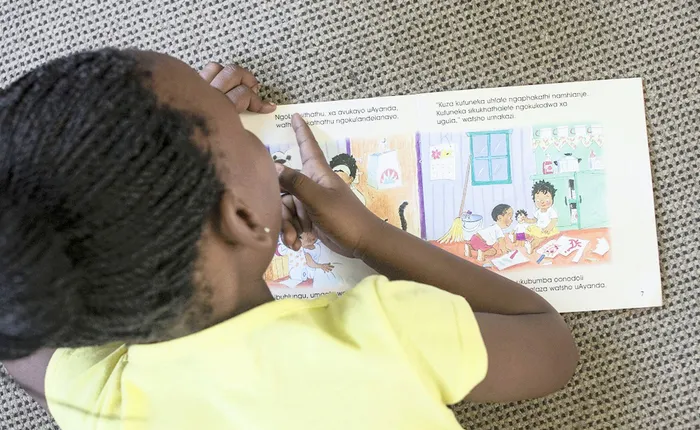SADTU supports civil society in pushing for copyright reform to boost schools' access to resources

The SA Democratic Teachers' Union has called for the Copyright Amendment Bill (CAB) to be signed into law to improve access to resources for school children.
Image: Supplied
The South African Democratic Teachers’ Union (SADTU) has thrown its weight behind a coalition of civil society organisations picketing outside the Constitutional Court on Wednesday, urging the President to sign the long-delayed Copyright Amendment Bill (CAB) and Performers’ Protection Amendment Bill (PPAB) into law.
The protest, led by Blind SA, SECTION27, ReCreate Action, and the South African Guild of Actors (SAGA), seeks to pressure the state into advancing laws that campaigners say are crucial for educational equity, disability rights, and the protection of creatives.
The CAB, which amends South Africa’s outdated 1978 Copyright Act, and the PPAB, which amends the 1967 Performers’ Protection Act, were passed by Parliament in February 2024. However, President Cyril Ramaphosa has not yet signed them into law, citing constitutional concerns with several sections and referring the bills to the Constitutional Court in October 2024.
SADTU says the bills are vital to ensuring access to inclusive, decolonised education, especially in under-resourced rural schools. “Fair copyright legislation is essential to enable teachers to adapt and use materials, enrich them, make them context-specific, and address an increasingly diverse student body,” the union said in a statement.
The Constitutional Court is hearing arguments for two days, starting on Wednesday, on the constitutionality of certain provisions of the CAB, including fair use and exceptions for education and disabilities.
Blind SA, represented by SECTION27, is participating as an interested party after winning a court order in 2022 compelling Parliament to amend copyright law to accommodate the blind by September 2024.
However, when the CAB was not signed into law and the 2022 court order had lapsed, the groups returned to court to seek relief. The Constitutional Court recently reconfirmed the 2022 order with some amendments.
“We believe that the exceptions for education, libraries, and archives are essential in transforming our society,” said Blind SA. SECTION27 echoed this, calling the CAB a vehicle for equal access to educational materials and cultural participation.
Other supporters include the Library and Information Association of South Africa, Wikimedia South Africa, and Right2Know. “This is an unprecedented coming together of sectors of society who are disadvantaged by current copyright laws,” said ReCreate Action.
For actors, the PPAB is equally critical. “The CAB enables the collection and distribution of royalties, while the PPAB grants performers the right to earn them,” said SAGA, highlighting the vulnerability of performers in an unregulated industry.
Related Topics: